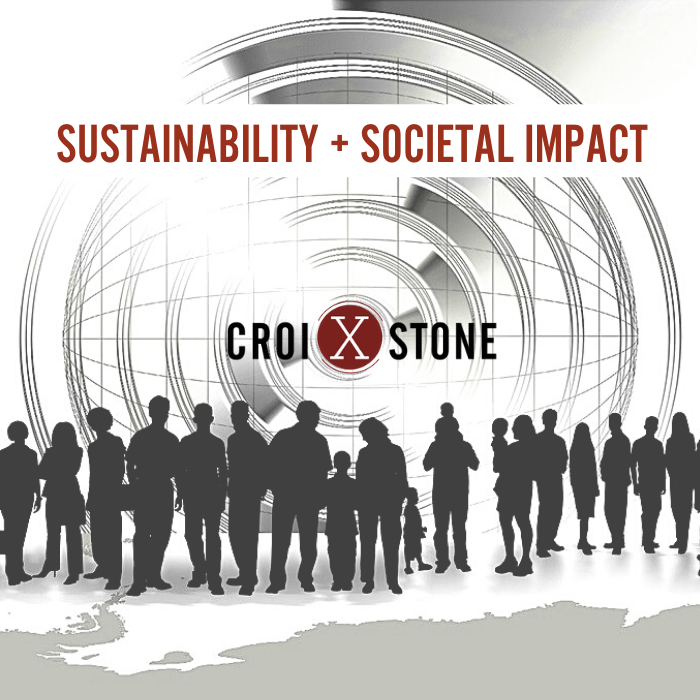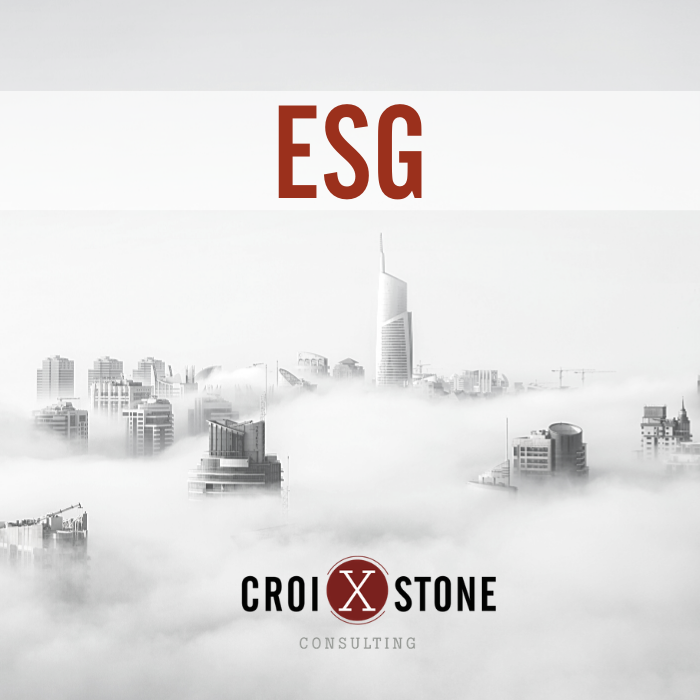More on ESG
A curated list of business, career and community links.
- ESG + the CFO: ESG is transforming the CFO role.
- ESG is Here to Stay: ESG is here to stay in one form or another.
- ESG + Private Equity: Will ESG make all the difference for PE firms?



